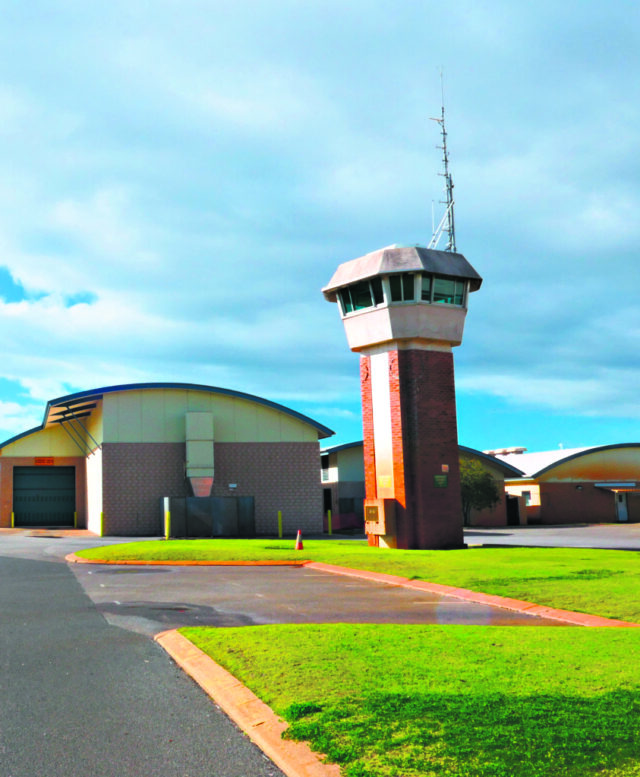Hakea Prison, Western Australia’s largest remand facility for adult males, has once again come under fire following the release of a damning inspection report by the Office of the Inspector of Custodial Services (OICS).
The 2024 inspection, conducted in May last year, painted a disturbing picture: excessive lockdowns, lack of fresh air, limited access to showers and clean clothing, and conditions described by Inspector Eamon Ryan as “cruel, inhuman, or degrading.”
It’s not the first time Hakea has drawn criticism. But this time, the findings have prompted stronger action—a formal show cause notice issued to the Department of Justice and the formation of a taskforce aimed at improving conditions.
At the heart of the concerns is overcrowding.
Cells built for one now house three men, one of whom often sleeps on a mattress near the toilet.
According to the Inspector, the situation has only worsened, with Hakea regularly exceeding its operational capacity and systemic staffing shortages making matters worse.
“Men at Hakea are not receiving sufficient time out of their cells to have access to fresh air and exercise, daily showers, clean clothes, or the ability to maintain contact with family,” Mr Ryan said in response to follow-up questions.
“Most of these conditions have continued since May 2024.”
Data shows a rise in attempted suicides—more between January and March 2024 than in all of 2023. The Inspector’s report highlighted the psychological toll of confinement and lack of meaningful activity, noting that increased frustration and hopelessness were contributing to self-harm and violence.
Despite the repeated inspections over the years, the problems have only deepened.
Mr Ryan attributes the deterioration to a lack of “adequate planning, investment, and resourcing over many years,” not just at Hakea but across the state’s entire custodial system.
“The problem has been exacerbated by significant increases in the prison population—39 per cent at Hakea over the past two years—and widespread staffing shortages,” he added.
In response to the report, the Department of Justice acknowledged the issues and formed a multidisciplinary taskforce.
Director General Kylie Maj said the taskforce is committed to improving the prison’s conditions through recruitment drives, short-term infrastructure projects, and a long-term plan to accommodate future population growth.
“We are committed to addressing OICS’ concerns and taking action to enhance the safety and welfare of Hakea prisoners and staff,” said Maj.
Corrective Services Commissioner Brad Royce also noted the challenges posed by the rising number of remanded maximum-security prisoners.
“This has particularly impacted Hakea,” he said.
“Hakea’s dedicated and resilient staff continue to efficiently and safely manage the prison’s operations which in turn protects the community.”
Yet, as of early 2025, Inspector Ryan reported that “conditions have not improved significantly.” Time out of cells remains limited, access to education and programs is rare, and about half of scheduled family visit sessions are still being cancelled.
The report included 15 recommendations to the Department of Justice, all but one of which were supported in some form.
However, no firm timelines have been provided for when meaningful changes will take effect.
“It appears that many of these changes will take some time to have a major impact, but in the interim, conditions in Hakea remain largely as they were,” Ryan noted.
The case of Hakea is not isolated. Mr Ryan described the situation as indicative of systemic issues affecting almost every prison in WA—record high prisoner numbers and widespread staffing challenges are putting mounting pressure on the system.
“Hakea is more acute,” he said, “but the general problems are evident elsewhere—overcrowding, staffing shortages, and limited access to services.”
With a follow-up report already in progress, based on an unannounced night visit in February 2025 and a scheduled inspection in March, all eyes will remain on Hakea in the months ahead.
In the meantime, the men inside, 80 per cent of whom are yet to be convicted, continue to live under conditions that the Inspector’s office believes fall below acceptable human rights standards.














